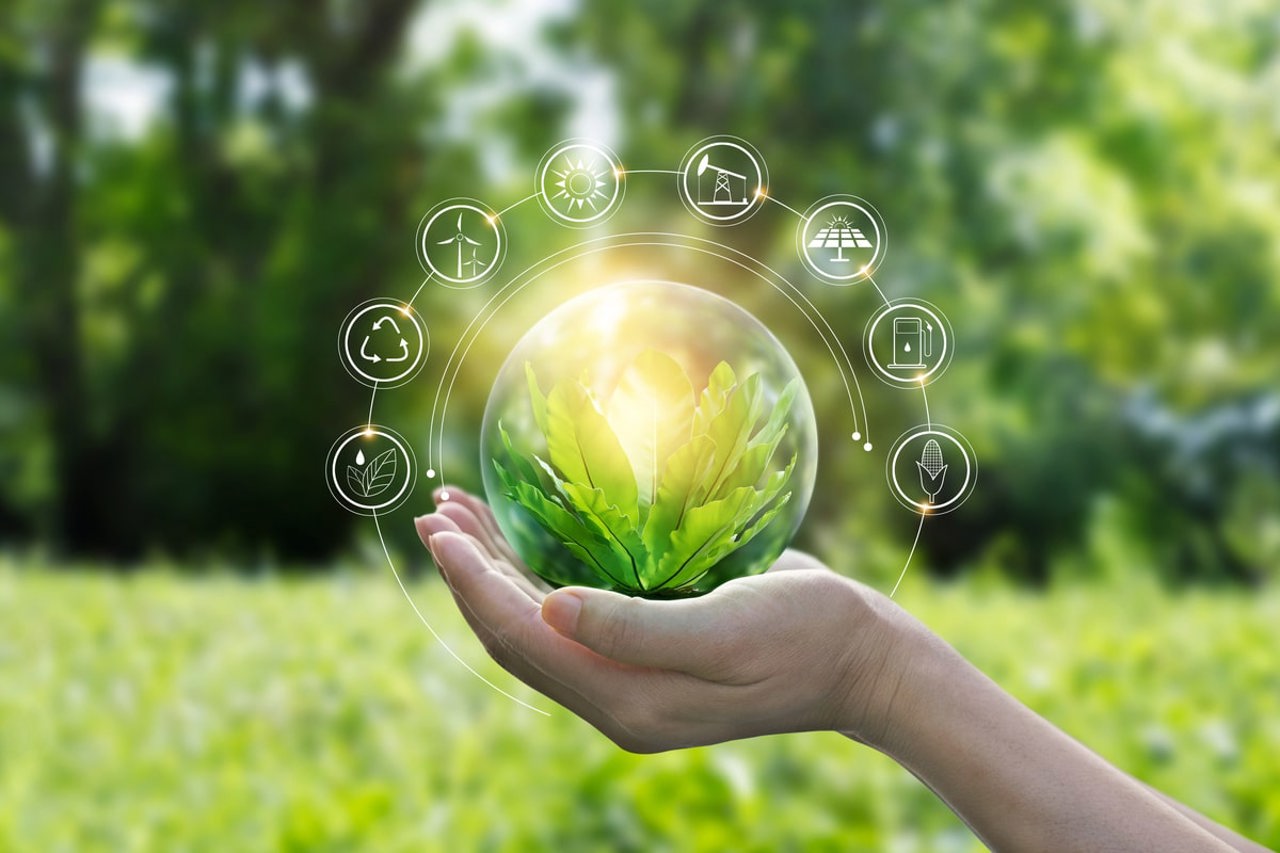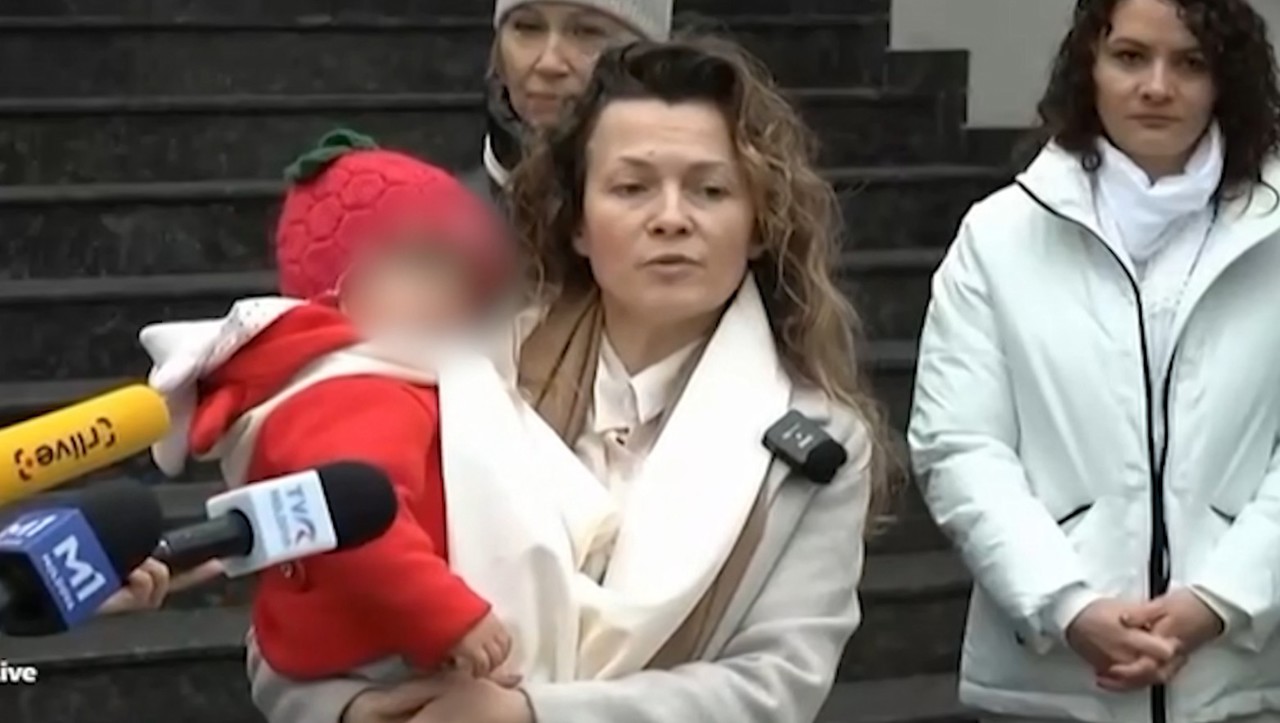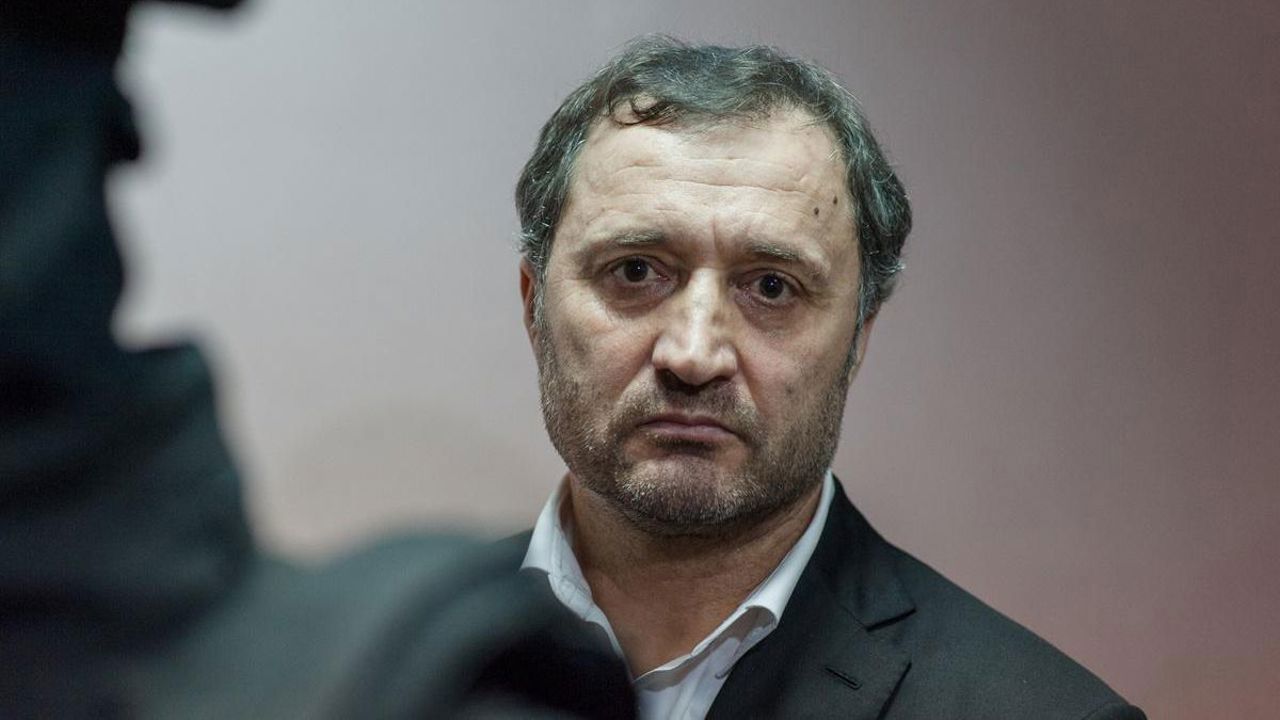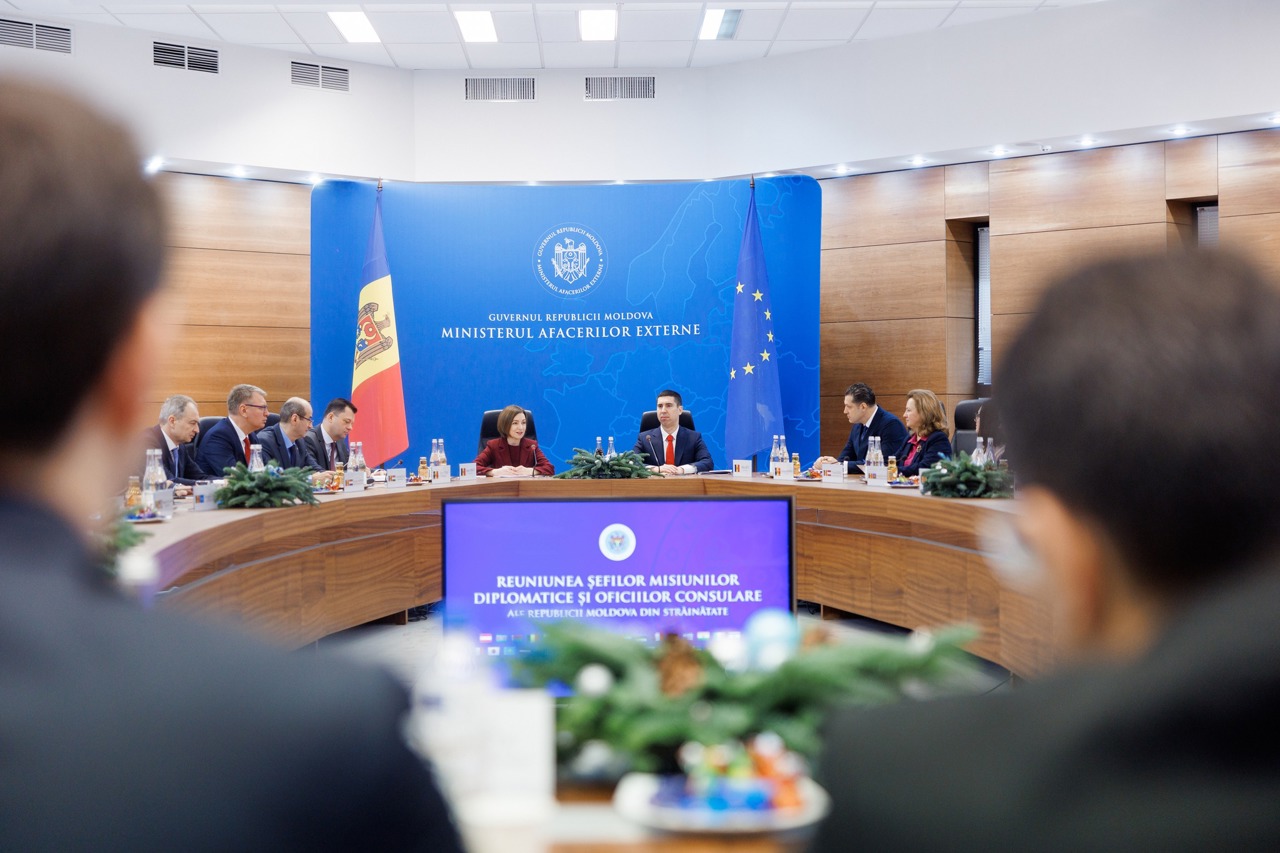Moldova's Green Challenge: Can it Meet EU Environmental Goals?
Today is World Environment Day. This year's theme is land restoration, focusing on halting desertification and increasing drought resilience.

The UN Convention to Combat Desertification reports that 40% of the world's land is degraded, affecting half of the global population. The Republic of Moldova, meanwhile, has pledged to improve its environmental quality by 2030. These commitments are also part of the requirements for integration into the European Union.
The National Development Strategy "Moldovan Europe 2030" prioritises reducing water pollution, creating an air quality management system, reducing atmospheric emissions, and creating forest ecosystems. The document calls for the state to support and subsidise ecological practices, as well as implement innovative technologies, to ensure a healthy and safe environment. The state is gradually changing legislation and adopting European standards.
"Effective environmental protection and improvement require the interest and understanding of all stakeholders," said ecologist Ilia Trombițchi, executive director of the Association "Eco-Tiras." "This necessitates a comprehensive legal framework. All environmental decisions must be based on science and safety, and all human activities must be evaluated for their environmental impact. This includes environmental impact assessments for strategies, plans, and programs to ensure they do not negatively affect the environment or living conditions."
Trombițchi emphasises the need for technical documents to regulate human behaviour in various sectors, including industry, energy, and agriculture. "Businesses are understandably reluctant to adopt costly environmental protection measures," he said. "Ideally, economic actors would be incentivized to reduce waste and pollution through subsidies for clean technologies. A strong state is necessary to create these incentives, enforce regulations, and monitor compliance to minimise environmental accidents."
“Crucially, environmental legislation must be enforceable," Trombițchi continued. "There are widespread problems with enforcement, even at the most basic levels. For instance, poached fish from the Dniester River is sold openly in markets, despite legal prohibitions. The legislation includes strict and expensive measures to prevent this, but loopholes allow various institutions to avoid responsibility. The police blame the National Food Safety Agency (ANSA) and the ecological inspectorate, while ANSA claims ignorance about the fish's origin. Addressing these issues requires refining the legislation and ensuring the political will to enforce it. Unfortunately, the government seems unsupportive of these efforts."
The chapter on environmental protection proved particularly challenging during the recent screening of European legislation. A meeting between the European Commission and the Ministry of Environment took place in May, with bilateral screening as the next step.
"This bilateral screening aims to assess the current situation and the measures the Ministry must take to fulfil Moldova's international commitments in environmental protection," explained Irina Punga, Deputy Secretary General of the Ministry of Environment. "Environmental protection is a complex field with a vast amount of EU legislation that Moldova must adopt and integrate into its national law. This process also requires developing and implementing effective enforcement mechanisms, which can be expensive. These mechanisms target not only the institutions involved but also the creation of necessary infrastructure, such as for water resource protection, waste management, and climate change adaptation and mitigation. In this context, we need to assess the current situation in these areas and determine the kind of support we require."
The European Union is currently pursuing a "green transition" strategy with the goal of becoming the first climate-neutral continent by 2050. However, ecologist Ilia Trombițchi believes Moldovan society is not yet prepared for such a significant leap.
"Both society and the state lack the necessary readiness, particularly from a technical standpoint," Trombițchi said. "Society is not prepared because the green transition requires near-complete waste recycling. Currently, most of our waste ends up in landfills, even though much of it could be recycled and even used to generate energy. In terms of waste management, Moldova is likely one of the worst performers among EU candidate countries."
The war in Ukraine further threatens the region's ecological wellbeing. The catastrophe at the Kakhovka Reservoir, the destruction of natural reserves, and the mining of the Black Sea are just some of the factors jeopardising the ecosystem.
"Ukraine's construction of various installations, including those near the Moldovan border, and the digging of canals disrupt animal migration patterns between the countries," Trombițchi explained. "Additionally, favourable winds could carry harmful chemicals from any major accident at these facilities into Moldova. Furthermore, the potential for damage to nuclear power plants, such as the Zaporizhzhia Nuclear Power Plant, raises serious concerns about radioactive contamination and its devastating consequences for public health and the environment." These are just some of the most pressing environmental challenges facing Moldova today.
Translation by Iurie Tataru




